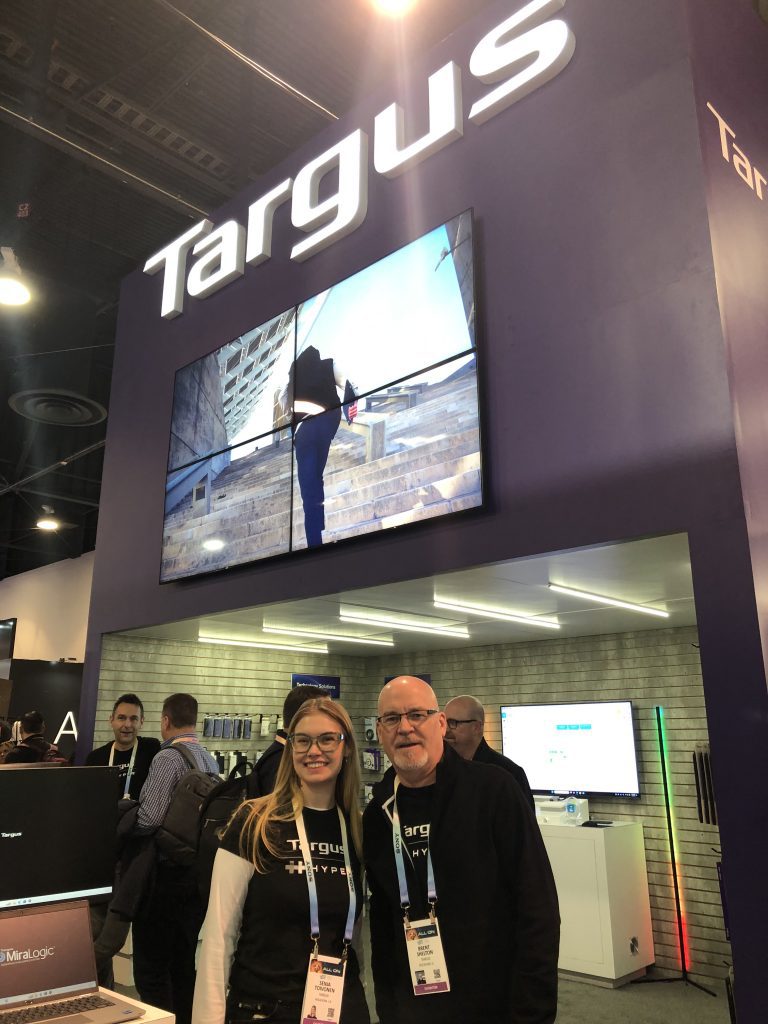Below is Part 2 of our blog Q&A with Brent Shelton, a public relations veteran, Bospar’s vice president of media relations, and our resident expert on product reviews and roundups.
Are product reviews pay-to-play?
Major media want to monetize reviews, generally through affiliate links. If it’s a link to a website where someone can actually make a purchase, media typically receive some kind of kickback depending on how that affiliate link is set up. It’s small revenue for media, but they generally will review the products that are better performers on those affiliate links because those products tend to have much better potential to generate a little bit of revenue for them.
Is it a good idea for companies to pay for reviews?
Clients should think about reviews in a number of different ways.
There’s a whole league of social media influencers who expect to get paid to review your product. They’re going to bring eyeballs to your product.
The same thing happens with general media, which monetize reviews with affiliate links. You may have to pay a fee to have your product reviewed. Consider that as part of your review program and marketing plan. Set aside a certain amount of money. Look to your PR agency or in-house public relations team to identify the best opportunities and where to spend and not spend the money. Also, be aware that sometimes with relationships and hard work, you can get free reviews rather than having to pay for them.

There are also production companies that do roadshows, offering companies the ability to get their products reviewed and featured on TV for a fee. How does that work?
Experts do satellite media tours, and they charge for that. These segments, which are really more product spotlights than reviews, might run on all the NBC News affiliates, for example. There are also review companies that operate in a similar way. You pay a fee to have your product reviewed, and they distribute the review. They also have packages so you can get several different products reviewed throughout the year.
Is working with the roadshow production companies a good idea?
It can be. Often these broadcast satellite tours are led by credible, recognizable experts in their industries. Mario Armstrong, who was on the Today show, is one example of such a personality.
Do you know ahead of time when you pay a roadshow production companies where they are going to show the review of your product, or are you just paying and hoping for the best?
It’s all mapped out. They have a media kit. You know exactly how many placements there will be. Sometimes there’s a little variance. However, you don’t have to pay extra if your segment earns additional outlet pickup. If everyone picks up your spot, it’s your lucky day.
Unlike scheduled road shows, there are individual consumer experts that work with certain media companies. These product review programs will do themed shopping segments (around or during holidays, Prime Day, etc.). The individual media entities that are part of that media conglomerate may or may not pick up the spot.
What would you say to a company that wants to hold out for free reviews only?
We’ve learned from working with our clients that it’s good to mix it up. Set aside budgeting for influencers on TikTok, Instagram or YouTube in your space, as well as for reviews.
Review conglomerates also pose as an influencers for online media outlets, and they have similar distribution. You can hire a TV expert to do these satellite tours. Whatever you do, make sure your PR team is working with your marketing people to time these out in in the most strategic way when people will be buying such products.
What are the most valuable product reviews?
Generally top tier are going to be the best places to get your products reviewed. That includes CNN Underscored and the Forbes and BuzzFeeds of the world. USA Today owns Reviewed, which is a big place to get your reviews. USA TODAY Network includes USA TODAY and more than 200 local media publications across 43 states as well as 136MM monthly unique visitors.
You talked about USA Today and BuzzFeed. That sounds more consumer oriented. What about product reviews for companies and solutions that are aimed at businesses and organizations?
On the B2B tech side, reviews should definitely be more vertically driven or at least your target should be on the vertical side. Generally in the tech space, that includes folks covering software, IT, that side of tech as well as the channels that would speak to — purchasing agents and people like that who are going to be making those kinds of decisions because they’re the owners of the budget or and/or they’re the people that are actually going to purchase the product. A lot of times they’re assigned to come back with three different quotes, so reviews are really important tool for them to make informed decisions. It’s also worth noting that some really niche analysts review and compare products in their own blogs. Also keep in mind that even if the review reader is in purchasing or IT, that reader is still a consumer. So, they will likely Google what they are looking for. And if they find that The New York Times, for example, reviewed a product in that category, the reader will probably wonder and look into what that outlet said about it.
If you get a good or great product review, how should you use that review to your advantage?
If you’re getting good reviews, promote them. Sometimes you will need to have permission from the outlet to share those details. In any case, let the reviewer know that you’re going to promote their review. Generally they love that because it’s good for them as well.
One of the best ways to promote a review is to share it with your sales and marketing channels. Good reviews can really add credibility when your organization is interacting with potential buyers. That’s where promotion is the most important.
What if you get a less than stellar product review? Do you just try again next year?
There are circumstances where reviewers get it wrong or it’s factually incorrect. Of course, you can ask for a correction. Sometimes that’s an opportunity to change their review in the process.
Note something that they didn’t include, and they might go back in and include it. Explaining what they missed or misinterpreted can change a con to a pro. Of course, if something is factually misrepresented in a review, reviewers are usually very receptive to any edit requests.
Are there alternatives to product reviews, such as playing up positive Gartner Peer Insights?
It’s good to explore all of your options when it comes to reviews. All of that should be on the table up front and discussed with your client before you start any kind of reviews program.
What other thoughts, advice, best practices on product reviews would you like to share?
As in all parts of PR, there’s a reason why we do quarterly plans: to be as prepared as possible.
Work in advance to plan and prepare a reviewers’ guide, even if it’s a simple one sheet. Direction on how to set up and use a product needs to be included every time.
Make sure you’ve got a spokesperson ready who can talk about the product. Do media training with that person so that they know how to talk to reviewers and/or media in general in the event that media want to cover the product, emphasize the points that matter most and coach them to block certain questions that you don’t want to come out of the review or interview.
Do your homework to understand where the opportunities are and what that timing looks like. Try to get ahead of that right away because there’s a lot of competition to get reviews. The sooner you can let the organization know about the opportunity know you’re interested in reviewing your product, the better off you’ll be, because schedules fill up really fast.




